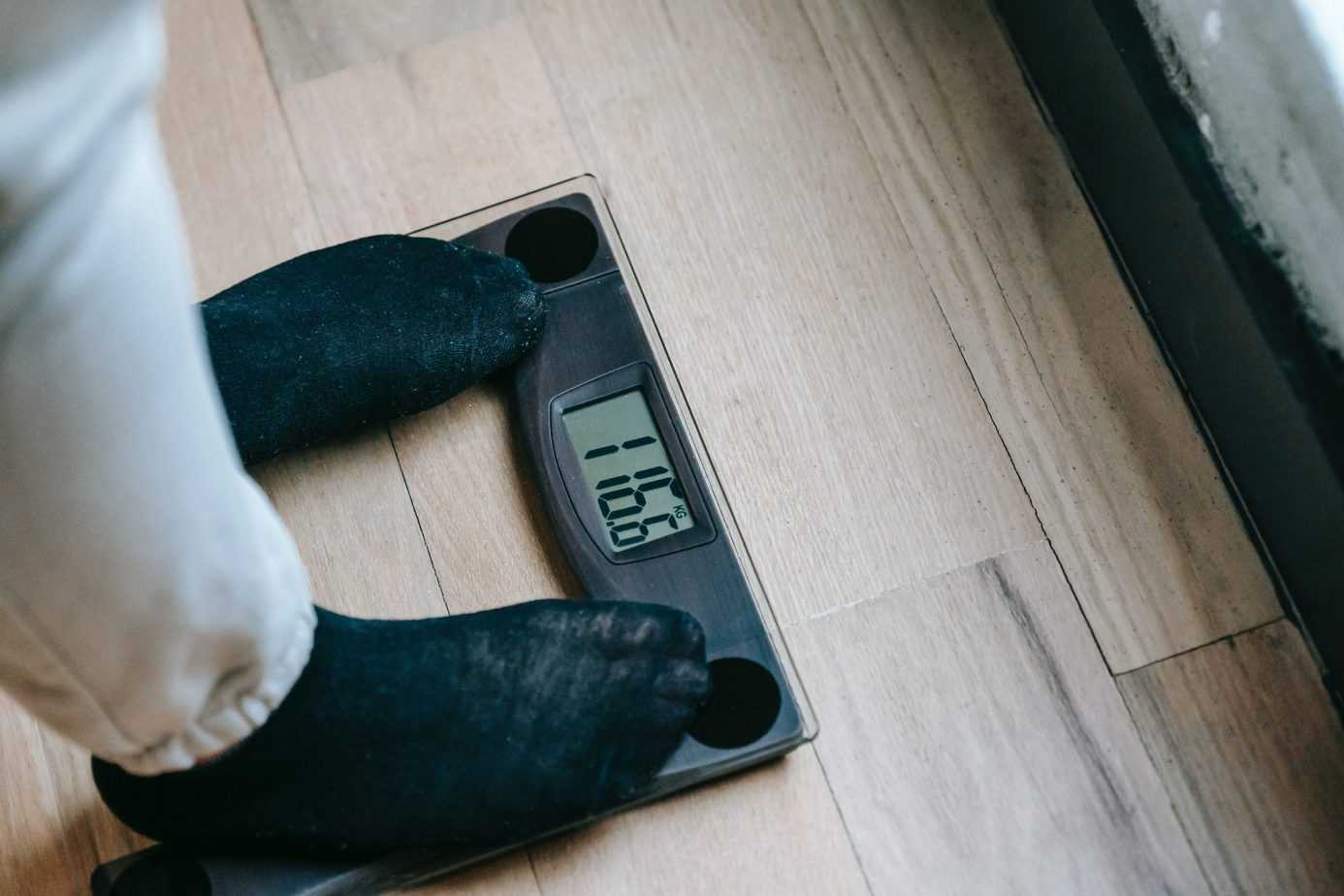We normally think of weight as being pretty important when it comes to our health, but in reality there are many factors that play a role in whether we are healthy. There was a time when weight seemed to be the only measurement people cared about, but people are now starting to learn that it only scratches the surface.
Does weight matter? Well yes, but not as much as we think it does. Weight and BMI can be helpful when viewing large populations. But other factors such as body fat, muscle mass, genetics, and habits all play a larger role in determining whether someone is healthy or not.
Why Body Weight Doesn’t Equal Health
With the growing rate of obesity and overweight people around the world, you could be forgiven for thinking that a person’s weight directly affects their health. And in some cases, it can be quite direct. For example, if you’re overweight, you’re more likely to develop heart disease, high blood pressure and diabetes. But it’s not always as simple as that. In fact, there are plenty of healthy people who are overweight, as well as people who are underweight who can be at risk of serious health conditions. So what’s the deal? It’s all to do with Body Mass Index (BMI). BMI is a way of measuring your weight in relation to your height. Generally speaking, if your BMI is in the normal range (18.5–24.9), you’re a healthy weight. If it’s below normal, you’re underweight, above normal means you’re overweight, and very high means you’re obese.
So they use these numbers to determine who is a “healthy weight”. However, it is far from one size fits all. Though it is easy to calculate, the biggest downside is that body weight is not only consisting of your fat. It’s also your muscle, water, bone, organs, etc. Bodybuilders for example would generally be considered “overweight” according to BMI which only looks at height and weight. But it is because they have above average muscle mass. So they can be perfectly healthy or healthier than the general population and still be marked as “overweight”.
Genetics also come into play. Many people have a “set point” which is a weight where their body likes to return to. It is a natural comfortable weight. For some that is higher or lower than others. Of course you should never be obese but being a little soft may not be a bad thing for some people. You can also have genetic predispositions to diseases that are worsened by weight but not necessarily caused by it. A skinny person can still get heart disease for example and an overweight person may have great health because of their genes.
So although body weight and BMI may be feasible to use when examining a whole population, on the individual level it just doesn’t suffice.
What Health Measurements Matter More
Weighing your options is a necessity if you want to maintain your health. But when it comes to being overweight, is it only about the number on the scale? Experts agree that your weight is not the only factor in your health. In fact, your body composition, or the ratio of fat to muscle, is the more important factor in your overall health. This means that two people who weigh the same may not be at the same risk of health problems, if one has more body fat, or if one has more muscle.
Body fat levels is a great indicator of your health because it is an indicator of the amount of energy your body is using and storing. Visceral fat or the fat in your stomach region around your organs is the most dangerous to one’s health. It’s a good idea to stay between around 10- 20% body fat with the healthy range for women being slightly higher than for men. This can be measured through body calipers, electrical pulses, or a method that involves being weighed underwater if you want the most accurate results. You can also use tape measurements of different body parts to measure fat loss around the belly or muscle increases.
You should also keep an eye on blood pressure and cholesterol levels. These tend to be higher in overweight individuals hence the push to have a healthy weight, though they can be high in normal weight individuals as well. These are what actually put you at risk for heart disease and stroke, not your weight, though they are correlated. So get regular blood tests to make sure you are at healthy levels and you could use a fitness tracker as well to track heart rate.
What if Your Weight Loss Isn’t Linear?
Weight loss isn’t a straight path. Many people who are trying to lose weight are more than likely to experience a plateau. This is not a huge problem as long as they are continuing to lose weight in general, but sometimes it can be frustrating. For example, after losing a few pounds, a person may hit a brick wall and the weight loss stops even though they are still doing everything they’ve been doing. This is a common occurrence, and it is important to not let it stop you. You always will lose more weight at the start of a fitness program since your body isn’t used to it.
If you are doing it right, you will be gaining muscle as well as losing fat. So this means you may be gaining and losing weight at the same time. You will also naturally fluctuate a few pounds each day just by water moving in and out of your body. So you may even gain weight one day despite losing fat.
This is why the most important thing is to measure how you look. You can do this with progress pictures taken periodically or just by looking at yourself in the mirror. You could also use body measurements as mentioned previously since inches go off your belly and waste even if your weight doesn’t change much.
The most important thing is to never give up and remain consistent with your exercise and healthy eating. Notice I didn’t say diet because that just implies a temporary fix. It has to be a healthy lifestyle change if it’s going to work. If you put in the work consistently, the results will come.
So does my weight matter? It does and it doesn’t. On the extremely low and extremely high end of weight it is fair to say that the person is unhealthy. However, there is a lot of gray area in between. On the individual level, it is more important to measure body fat levels and just see how you look to know if you are at a healthy weight. What’s important is how healthy you are, not how much you weigh.
Recent Posts
In the pursuit of professional success, the modern working professional often finds solace in a cup of coffee or energy drink. Caffeine, the world's most widely consumed psychoactive substance, has...
Strategies for Sales Professionals to Reduce Back Pain and Injuries
In the fast-paced world of sales, professionals often find themselves navigating through long hours, client meetings, and constant travel. Amidst the pursuit of closing deals and meeting targets, the...

